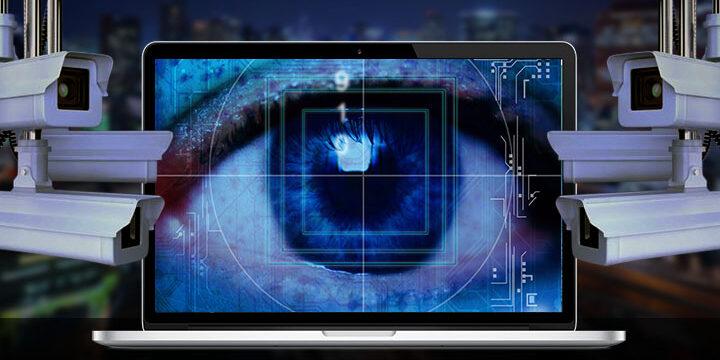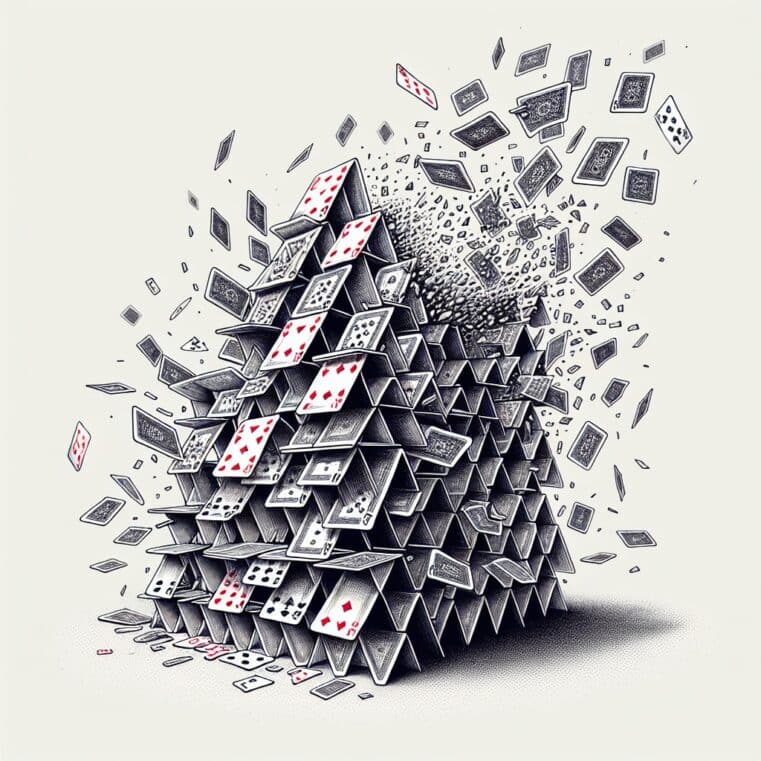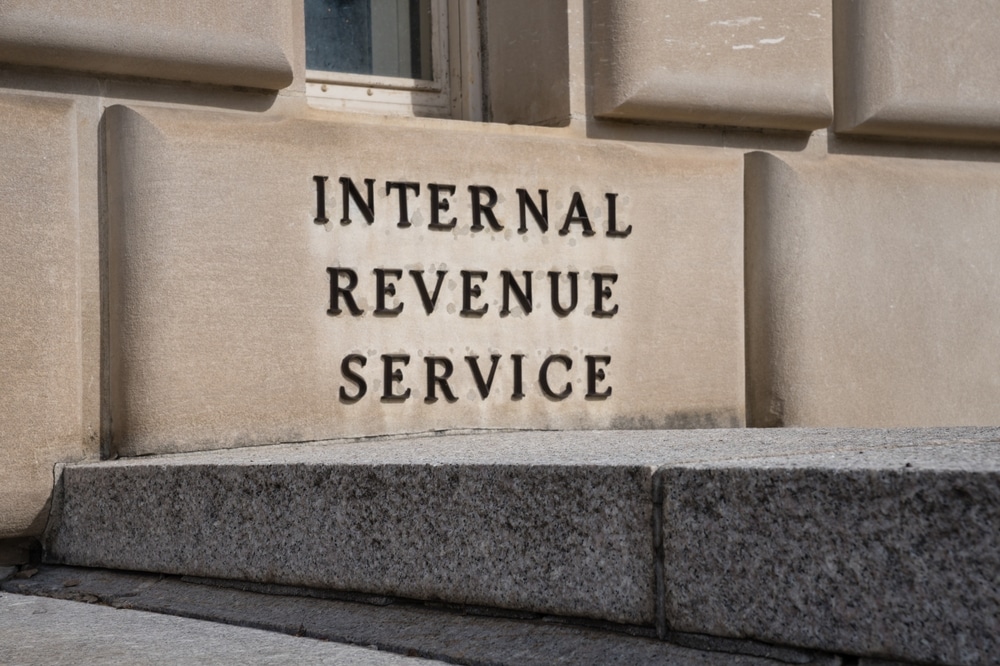
What Happens When the State and Deep State Get Their Hands on Artificial Intelligence
At the time of writing, Mark Zuckerberg is appearing before the Senate to answer questions regarding the Facebook’s data breach.
You can imagine how many citizens and politicians are probably clamoring for tighter regulations over the tech/social media industry.
It appears to make sense. After all, who would want a company like Cambridge Analytica to collect, use, or sell one’s private data?
Who would want foreign “bad actors” to manipulate social perception and sentiment using fake news?
So why not intervene in the operations of tech and social media companies to “protect” the American public (or any public for that matter)?
But here’s the thing:
If a business--any business--loses the public’s trust, the market (that is, its customers and potential customers) can punish that business. That business can fail.
Of course, Facebook does have some kind of “efficient” monopoly, but competing against such monopolies is not necessarily the role of the government but entrepreneurs.
But if the government has access to such data, to collect and use that data, there's a problem: private data collection is often done in secret--as in the case of the NSA, which is just one institution that we actually know about (thanks to Snowden).
If it's done in secret, the government can't be held accountable for it. And it makes you wonder: who else in the "State" or worse, the "Deep State" has access to our data?
ARTIFICIAL INTELLIGENCE (AI for short) is what happens when machines begin to “think.”
Not only can they think, they can perform tasks that require human intelligence. AI applies to so many industries, its disruptive potential for changing the landscape of human life can be utterly devastating if placed in the wrong hands.
Think of this: AI machines, such as IBM’s Watson, can read every bit of information on the web about you and your entire family, literally millions of bits of data in seconds or a fraction of a second. And that’s just data mining alone.
What kind of power will banks, businesses, and governments have should they possess this technology?
What will happen when machines think, decide, and communicate with other machines at the behest of their institutional owners?
The State may not be accountable for their use of your personal data when done under the conditions of secrecy, but they can at least be voted out of office if exposed.
The Deep State is a completely different matter. They are NOT comprised of publicly-elected officials, which gives them a unique advantage to operate in even greater secrecy.
In 2017, Dawn Meterriecks, CIA’s deputy director for science and technology, stated that “the CIA currently has 137 pilot projects directly related to artificial intelligence.”
The CIA is considered by many to be one segment of the Deep State. If the CIA is so transparent about its AI, it would be naive to think that the NSA, DOD, and other government branches aren’t doing the same.
And although considered a “conspiracy theory” publication, it’s hard not to see the possibility of the following scenario as reported by a Waking Times’ report:
The deep state is now trying to determine if someone is a criminal based solely on an image of their face. A Cornell University study describes how scientists are using computer-generated algorithms to decide if someone should be labeled felonious, completely ignoring the fact that using a computer model which mimics facial features cannot possibly be a legal means with which to label people either criminal or non-criminal.
Believe what you will, but one thing that’s certain is that whoever controls AI controls the future.
Famous figures like Elon Musk and Stephen Hawking have been vocal about warning the world about the dangers of AI.
But the real danger behind AI is not the technology itself, but the State (or Deep State) that uses it.










